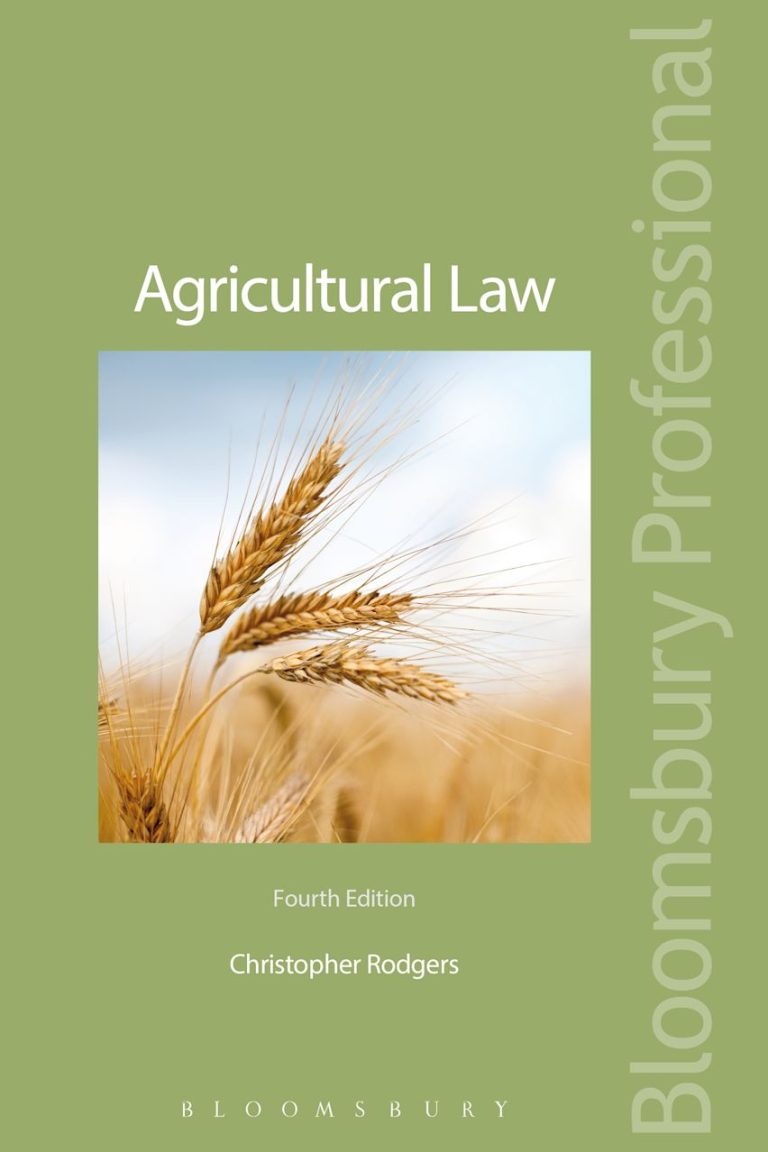
What is Eminent Domain?
Definition and Historical Context
Eminent domain refers to the power of the state or a governmental body to take private property for public use, with compensation. This legal principle has its roots in the early practices of monarchies where the king could seize land for various purposes. In the United States, this authority is outlined in the Fifth Amendment of the Constitution, which asserts that private property shall not be taken for public use, without just compensation. The notion of balancing public necessity and property rights has sparked considerable debate over the decades and remains a significant aspect of land ownership and development policy.
Legal Basis for Eminent Domain
The legal underpinnings of eminent domain are predominantly derived from constitutional provisions and a body of judicial rulings that have interpreted the extent and limitations of this power. The Fifth Amendment ensures that property owners receive “just compensation,” although the determination of what constitutes just compensation can often lead to litigation. Various statutes at both federal and state levels further define how eminent domain is to be executed, including the specific public uses that justify property seizure. Each state may have its own eminent domain laws, providing additional regulatory frameworks that can differ significantly from one jurisdiction to another.
Common Misconceptions
Many people harbor misconceptions regarding eminent domain. A prevalent belief is that the government can take any property it deems unneeded for public purposes without proper justification. In reality, the use of eminent domain is highly regulated; government entities must establish a clear public need and provide adequate compensation to the affected property owner. Another misconception involves the timing of compensation. Some individuals think that they will receive full payment immediately upon the seizure of their property. In most cases, compensation discussions may occur after the property has been taken, leading to a complicated and lengthy process. The role of an eminent domain lawyer is crucial in navigating these complexities.
The Role of an Eminent Domain Lawyer
Why You Need an Eminent Domain Lawyer
An eminent domain lawyer specializes in providing guidance and representation for property owners facing the seizure of their land. Their expertise is essential because they understand the legal framework, state-specific laws, and procedural requirements that govern eminent domain proceedings. Often, property owners are at a disadvantage against government agencies that have experienced legal teams at their disposal. Having professional legal counsel ensures that property rights are protected and can significantly influence the outcome of compensation negotiations.
What to Expect from Your Eminent Domain Lawyer
When you engage an eminent domain lawyer, you can expect a thorough assessment of your case, including collecting pertinent documents, reviewing the proposed public use, and evaluating the government’s compensation offer. They will advise you on the merits of your case and outline the potential legal strategies that may be employed. Throughout the process, they will represent you in negotiations and hearings, ensuring your interests are kept at the forefront. An adept lawyer will also strive to keep you informed about developments in your case and help you make educated decisions at every phase.
Choosing the Right Eminent Domain Lawyer
Selecting the right eminent domain lawyer is critical for achieving the best possible outcome. Look for an attorney with specific experience in eminent domain cases and a track record of successful negotiations. Reviewing client testimonials and seeking recommendations can unearth invaluable insights into the attorney’s capabilities. It is also vital that you feel comfortable communicating with your lawyer—open lines of communication foster a positive attorney-client relationship, which is essential when navigating complex legal matters.
The Eminent Domain Process
Steps Involved in Eminent Domain Cases
The eminent domain process generally unfolds through several steps. Initially, the governmental entity must identify the property that it intends to acquire and provide formal notification to the property owner. This is often followed by a “good faith” offer for just compensation, which is based on the property’s appraised value. If the property owner accepts this offer, the process can conclude smoothly. However, if the offer is declined, the agency may initiate formal condemnation proceedings, which lead to hearings and potentially court involvement.
Compensation and Valuation Issues
Determining just compensation is often the most contested aspect of the eminent domain process. Various factors influence property valuation, including market conditions, property condition, and potential revenue loss for business owners. Property owners may wish to challenge initial offers by conducting independent appraisals. An experienced eminent domain lawyer can aid in obtaining a comprehensive evaluation, presenting arguments for why the government’s offer is insufficient, and negotiating for compensation that truly reflects the property’s value and potential damages.
Disputing the Government’s Offer
Disputing a government offer in an eminent domain case is not uncommon. The property owner may feel that the offer does not reflect market value or fails to consider unique characteristics of the property, whether that be historical significance, zoning, or other factors. With an eminent domain lawyer’s assistance, you can build a strong case to present at negotiation meetings or formal hearings. Events may involve mediation or a trial, where both the property owner and the government present their evidence and arguments. The resolution can result in either a negotiated settlement or a court’s determination of the fair compensation amount.
Challenges in Eminent Domain Cases
Common Legal Challenges Faced
Eminent domain cases can often be fraught with legal challenges. One common obstacle is the lack of clear “public use” justification for taking the property, which can result in litigation. Further complications can arise from disputes over property valuation or the extent of compensation offered. Procedural flaws during the eminent domain process can also serve as significant challenges that may delay resolution or lead to undesired outcomes if not properly addressed.
Case Studies of Notable Eminent Domain Disputes
Historic eminent domain cases serve as valuable examples of the complexities involved in such disputes, often illuminating the challenges faced by property owners. For instance, a landmark case saw the Supreme Court affirm the government’s ability to seize land for economic development, prompting waves of public critique and legislative calls for tighter restrictions. Case studies like these highlight the necessity of skilled legal representation in navigating the emotional and legal terrain property owners experience. An eminent domain lawyer can draw on past legal precedents to inform strategy and provide better outcomes for their clients.
How an Eminent Domain Lawyer Can Help Overcome Challenges
Only seasoned attorneys familiar with the nuances of eminent domain proceedings can comprehensively address and overcome inherent challenges. They can assist in evaluating the validity of the government’s claims, negotiating compensation strategies, and representing the landowner in court when necessary. By providing detailed case assessments and leveraging their legal knowledge and experience, experienced eminent domain lawyers can navigate the complex landscape of disputes, often securing better outcomes than individuals could achieve on their own.
Maximizing Compensation with an Eminent Domain Lawyer
Strategies for Negotiating Settlements
The art of negotiation in eminent domain cases can fundamentally impact financial outcomes for property owners. Equipping yourself with a competent attorney enables property owners to develop and employ effective strategies, such as presenting compelling evidence of property value, detailing uniqueness or improvements to the property, and demonstrating the adverse implications of the government’s acquisition on the landowner’s livelihood. A well-prepared lawyer can create and utilize these arguments to negotiate higher compensation settlements.
Legal Rights Under Eminent Domain
Understanding your legal rights is essential when faced with eminent domain proceedings. Property owners have the right to seek legal counsel, receive just compensation, contest unjust offers, and even challenge the constitutionality of the taking. These rights exist to ensure property owners are not unduly stripped of their belongings without fair remediation. Involving a knowledgeable eminent domain lawyer helps reinforce these rights during negotiations, driving a stronger case toward favorable resolutions.
Best Practices for Landowners During the Process
Property owners should adopt certain best practices when confronting the eminent domain process. First, educate yourself and understand the legal terminology and procedures involved. Secondly, maintain open communication with your lawyer and provide them with accurate information regarding the property. Lastly, be intentional about documenting every aspect of the process, including offers, negotiations, and communications. This documentation can significantly bolster your case in negotiation or court scenarios. Such proactive steps ensure that you are well-prepared to deal with the complexities and challenges of eminent domain effectively.






